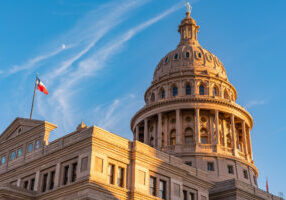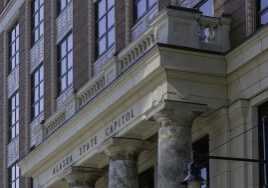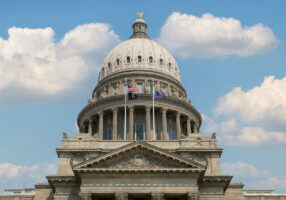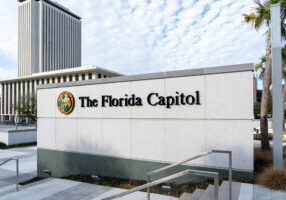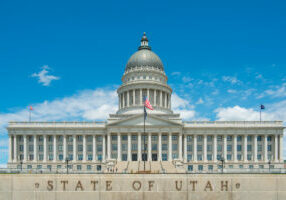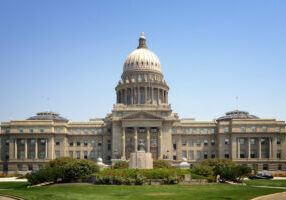Utah’s 104 legislators returned to Capitol Hill on January 27. Here are several of the top issues they will likely address during the 2020 Legislative Session:
Tax Reform
In mid-December, Gov. Herbert called a special session to fix a structural imbalance by overhauling the state’s tax code. As a result, lawmakers issued $240 million in tax cuts, which went into effect on January 1. The bill included $160 million in income tax cuts, a new sales tax on various services (e.g., streaming media, dating services, ridesharing, etc.), higher tax rates on fuel and food/groceries (but with “pre-bates” for low-income residents), a Social Security income tax credit, and a dependent credit. It also restored the earned income tax credit and repealed the sales tax on feminine hygiene product purchases.
During the general session, lawmakers will likely need to address some additional tax issues, such as potentially removing an income tax earmark for education.
Medicaid Expansion
Last year, the governor and lawmakers attempted to initiate a partial expansion of the state’s Medicaid program that would have limited eligibility in the expanded Medicaid program to residents with incomes below the poverty line. However, the federal government rejected Utah’s request for enhanced matching funds and enrollment has declined. This led lawmakers to approve $3.9 million in additional behavioral health funding during the special session, directly related to Medicaid services. Lawmakers will likely have to resolve these funding and policy issues during the 2020 general session.
Education
Currently, all state income tax revenue is earmarked exclusively for public and higher education, but lawmakers are considering a ballot initiative to remove this restriction. $55.6 million in new funding will be needed to cover the costs associated with rising enrollment for the next school year.
Lawmakers will also consider a proposed 6% increase in per-pupil funding, which would give school districts and charter schools a greater degree of flexibility in addressing various instructional needs. This increase would require an appropriation of $200 million in new funding — following a 4% increase in per-pupil funding last year.
Other education proposals may include an optional extended-day kindergarten, increasing school bus funding by $5 million, allotting $18.2 million for a school leadership initiative, and Gov. Herbert’s request for $10.2 million to provide every K12 student with access to computer science education.
Social Services
In response to the state’s affordable housing crisis, lawmakers will introduce a bill to allow cities to impose “rent control” policies. Critics say rent control hurts property owners and instead recommend other measures like Section 8 vouchers and tax credits.
Gov. Herbert is working to combat homelessness and he is optimistic about three new resource centers that recently opened in the Salt Lake City area which combine sheltering with intervention services like workforce training and substance abuse programs. Lawmakers may consider expanding these programs as well.
2020 Utah Legislative Preview
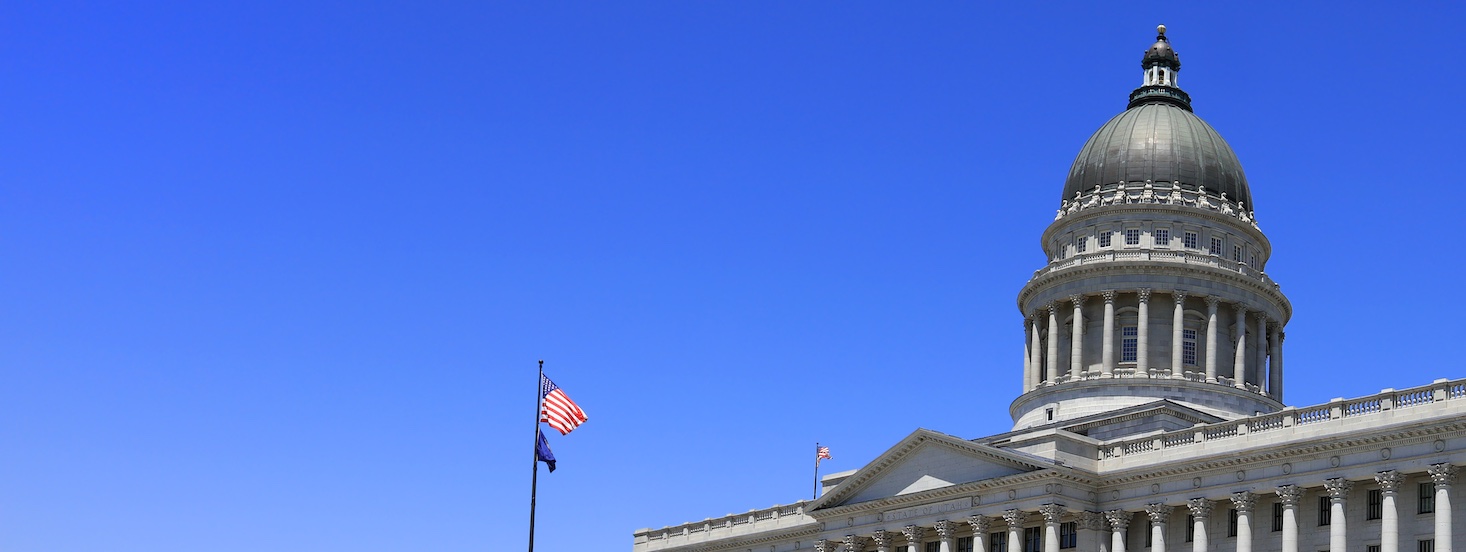
Posted in News and Updates, Utah



